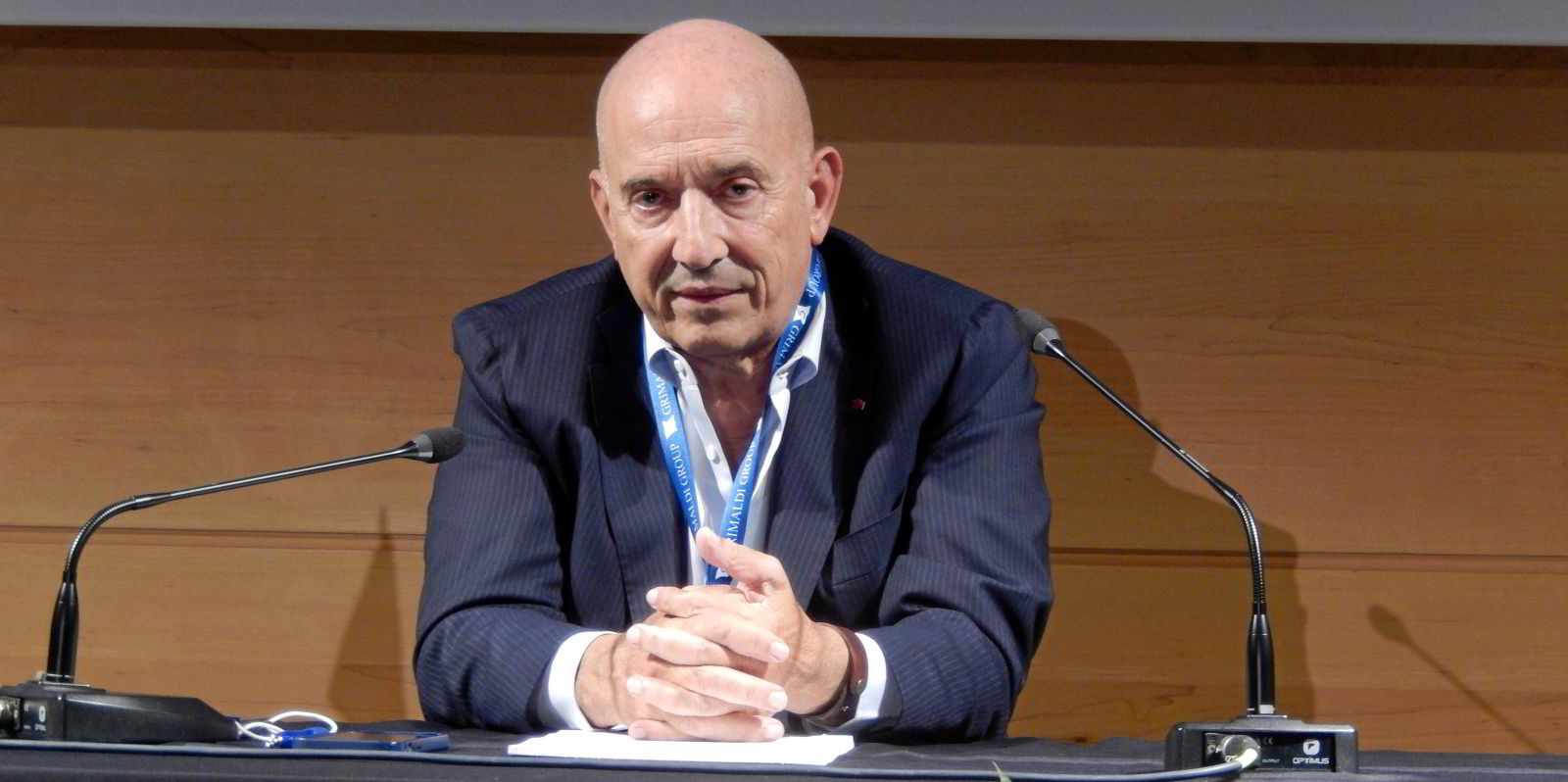Not even a China-European Union trade war can derail the car carrier market, ABG Sundal Collier analyst Petter Haugen said.
China is said to be weighing a 25% tariff on certain EU-made gasoline-powered vehicles in response to a potential EU tariff on Chinese electric vehicles.
But the veteran analyst said in a note on Wednesday that the market would still be undersupplied even if the China-to-Europe trade ceased.
“While a tit-for-tat tariff war between EU and China is clearly negative to the car shipping market, we continue to believe that the current market balance will stay very tight even if the trade is negatively impacted by higher tariffs on both sides,” Haugen said.
He said the car carrier market is undersupplied by an estimated 15%, and a complete end to all Chinese electric vehicle exports to Europe would lower global car transportation demand by roughly 6%.
Chinese electric vehicle exports to Europe have supercharged an already constrained car carrier market, alongside the Red Sea security situation where ships have opted for the Cape of Good Hope.
But cars go the other way too. Haugen pointed out that approximately 400,000 high-end vehicles are shipped from Europe to China each year and that European automakers had a 44% market share among the top 10 manufacturers in 2023.
In an interview with China’s Global Times newspaper, China Automotive Technology & Research Center head Liu Bin said a tariff of 25% on sedans and sport utility vehicles with engines larger than 2.5 litres was both in line with World Trade Organization rules, while helping to balance domestic and international markets, and the development of green and low-carbon cars.
Currently, China levies a 15% tariff on cars.
In the interview, Liu did not mention the EU by name but did say “certain countries and regions” have placed restrictions on Chinese EVs.
These measures “run counter to the green development concept and violate market economy principles and WTO rules”, he said, and would hurt both consumers and the environment.
The EU has been mulling a tariff since October, when it began an investigation into subsidies for the sector and took a further step forward in March when it said it would start taking customs registrations on vehicles — a further step towards import fees.
The US, meanwhile, announced earlier this month that it would put a 100% tariff on Chinese electric vehicles in August.
Figures in the car carrier market have long downplayed the possibility of tariffs, arguing steps towards implementation were political posturing. They have also argued the split between German automakers building in China and southern European builders avoiding the region would lower the possibility of tariffs.
But investors appeared to be spooked by Wednesday’s news. Hoegh Autoliners shares dropped NOK 4.30 from the opening to NOK 117.30, while Wallenius Wilhelmsen declined NOK 3.80 to NOK 106.20.





